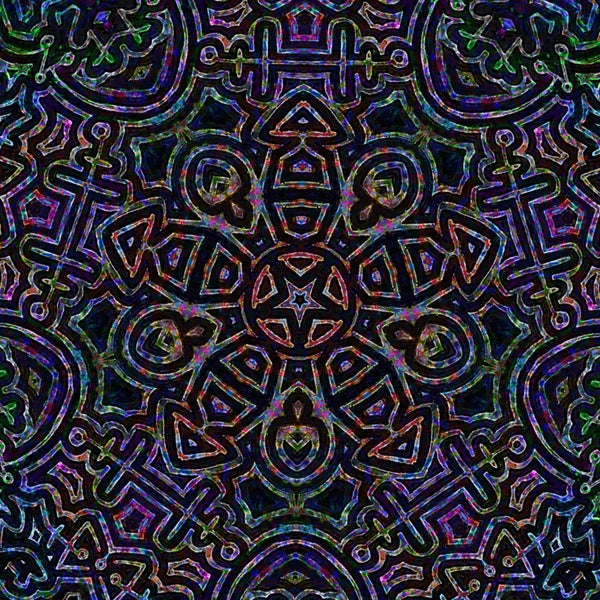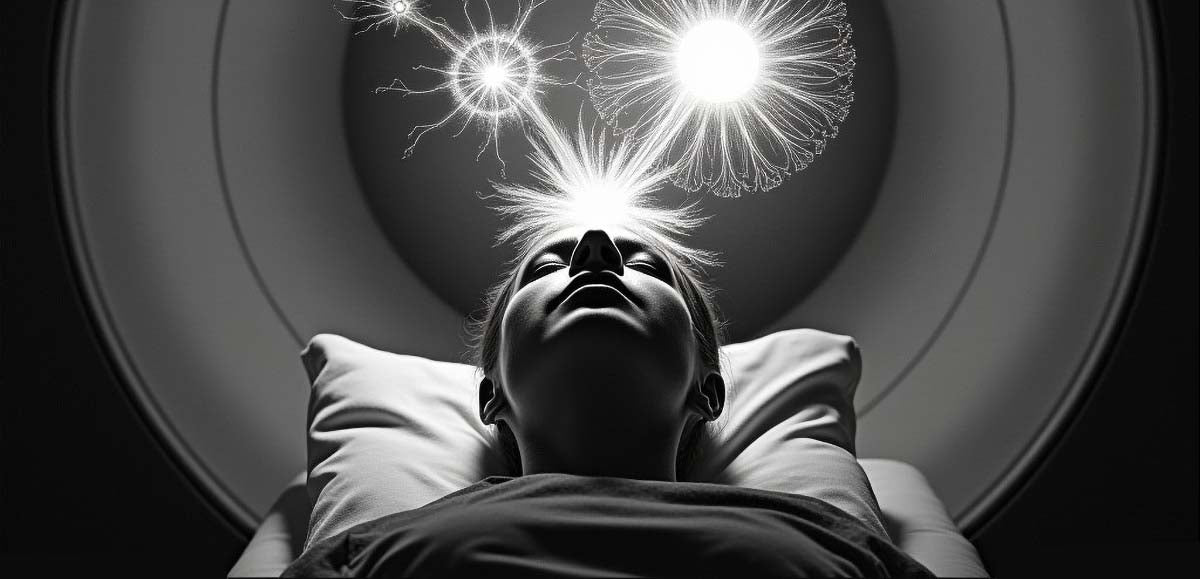Your Cart is Empty
Buy Any 4 Items, Get 15% Off Your Order!
Buy Any 4 Items, Get 15% Off Your Order!
Ancient Asian Perspectives on Mental Illness & Mental Health
December 27, 2022

Mental health has been a concern throughout human history, and ancient Asian cultures had their own unique ways of understanding and addressing this complex issue. From China to Japan, India to Korea, and Southeast Asia, traditional medicine and spirituality played a significant role in treating mental illness. In this article, we will delve into the history of mental health in ancient Asian cultures, exploring the traditional approaches and beliefs surrounding this topic, and how it evolved over time.
In ancient China, mental illness was often understood as being caused by imbalances in the body's natural energies, known as qi. Traditional Chinese medicine (TCM) sought to restore balance to the body through techniques such as acupuncture and herbal medicine. Additionally, spiritual practices such as meditation and feng shui were also believed to have a positive effect on mental well-being.
In ancient India, mental illness was often understood in terms of the balance of the three doshas, or biological energies, in the body. Ayurvedic medicine, which is still widely practiced in India today, sought to restore balance to the body through dietary and lifestyle changes, as well as herbal remedies. Additionally, spiritual practices such as yoga and meditation were also believed to have a positive effect on mental well-being.
In ancient Japan, mental illness was often understood in terms of imbalances in the body's natural energies, known as ki. Traditional Japanese medicine (TJM) sought to restore balance to the body through techniques such as acupuncture, moxibustion, and herbal medicine. Additionally, spiritual practices such as Zen meditation were also believed to have a positive effect on mental well-being.

In ancient Korea, mental illness was often understood in terms of imbalances in the body's natural energies, known as qi or ki. Traditional Korean medicine (TKM) sought to restore balance to the body through techniques such as acupuncture, moxibustion, and herbal medicine. Additionally, spiritual practices such as meditation and Confucianism were also believed to have a positive effect on mental well-being.
In ancient Southeast Asia, mental illness was often understood as being caused by spirits or supernatural forces. Traditional Southeast Asian medicine sought to restore balance to the body through techniques such as herbal medicine, spiritual practices such as animism, and shamanic rituals.
It's worth noting that in many ancient Asian cultures, mental illness was often stigmatized and people who were suffering from mental illness were often shunned and isolated. They were considered as having a supernatural possession or being punished by gods. However, over time, these perceptions have changed, and many Asian cultures have developed more compassionate and understanding attitudes towards mental illness.
Ancient Asian cultures had their own unique ways of understanding and addressing mental illness. Traditional medicine and spiritual practices were often used to restore balance to the body and mind. However, mental illness was often stigmatized and people who were suffering from mental illness were often shunned and isolated. Today, many Asian cultures have developed more compassionate and understanding attitudes towards mental illness and have incorporated modern western medicine, talk therapy, and modern psychology into their approach to treating mental illness.
Leave a comment
Comments will be approved before showing up.
Also in Sacred Surreal Blog
newsletter signup
Be the first to know about upcoming sales and promos. Get a 10% discount coupon when you subscribe!
Subscribe
Sign up to get the latest on sales, new releases and more …

Storewide Sale!
Buy any 4 items and get 15% off your total order! For a limited time only.



